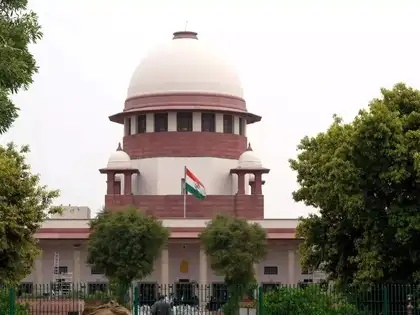
Legal Dispute Over DA Parity Intensifies
A recent judicial directive has intensified the ongoing debate over dearness allowance (DA) disparity between West Bengal state government employees and their central counterparts. A bench of Justices Sanjay Karol and Sandeep Mehta has mandated the state government to settle pending DA payments within three months, with the case slated for review in August. This interim order follows a protracted legal battle that began when state employees petitioned the Calcutta High Court for DA parity with central government workers, including arrears. In May 2022, the high court had initially ordered the state to adopt the central DA rate, but the government contested this decision, leading to an appeal filed in the Supreme Court in November 2022. The current directive underscores the judiciary’s push for equitable compensation, even as the state government continues to resist full alignment with central rates.
Current DA Rates and Employee Discontent
West Bengal state government employees currently receive 18% DA after a recent incremental increase, which added 4% to the existing 14% rate effective April 1, 2025. However, this figure remains significantly lower than the 55% DA provided to central government employees. The 37% gap has fueled widespread dissatisfaction among state workers, who argue that the disparity undermines their purchasing power amid inflation. The latest adjustment, while a step toward addressing concerns, has not resolved the core issue of parity. Over 10 lakh state government employees and pensioners are affected, with many criticizing the state’s reluctance to match central rates. This has sparked calls for urgent action, as the financial burden of inflation continues to strain public sector workers.
Government’s Stance and Legal Challenges
The West Bengal government has faced mounting pressure to align its DA policies with the central government’s framework. While the state has made incremental adjustments, these have not bridged the existing gap. The Supreme Court’s involvement in the dispute highlights the complexity of resolving such disputes, as the government contends that its DA rates are already in line with national standards. Legal experts suggest that the judiciary’s intervention reflects growing public demand for equitable treatment of state employees. The case also raises broader questions about fiscal responsibility and the need for a standardized approach to compensation across government sectors. As the state grapples with these challenges, the outcome of the legal proceedings could set a precedent for similar disputes nationwide.
Broader Implications for Public Sector Workers
The DA dispute in West Bengal has broader implications for public sector employees across India. The case underscores the need for a unified approach to compensation, as disparities between state and central employees create inequities in financial security. Critics argue that the current system perpetuates a two-tiered structure, where central employees benefit from higher allowances while state workers face stagnation. This has sparked discussions about the role of state governments in ensuring fair wages and the importance of judicial oversight in addressing such gaps. As the legal battle unfolds, the focus remains on balancing fiscal constraints with the welfare of public sector workers, a challenge that resonates across multiple states. The resolution of this dispute could influence future policies and set a benchmark for addressing similar issues in other regions.
DA as a Cost-of-Living Adjustment Mechanism
Dearness allowance is a critical component of compensation for government employees and pensioners, designed to mitigate the impact of inflation on their income. Calculated as a percentage of basic salary or pension, DA is periodically revised to reflect economic conditions. The recent adjustments in West Bengal, while modest, highlight the ongoing struggle to maintain purchasing power in the face of rising prices. For state employees, the DA remains a vital buffer against inflation, yet the current rates fall short of meeting their needs. The dispute underscores the importance of DA as a tool for social welfare, emphasizing the need for governments to prioritize the financial stability of public sector workers. As the legal proceedings continue, the focus remains on ensuring that DA policies serve their intended purpose of safeguarding the livelihoods of those in public service.



